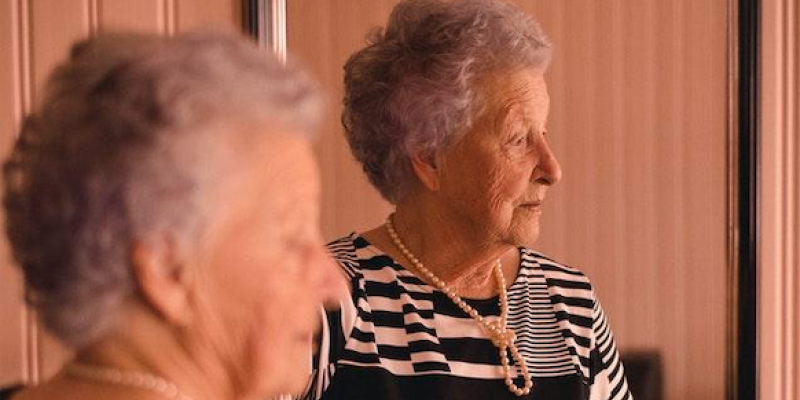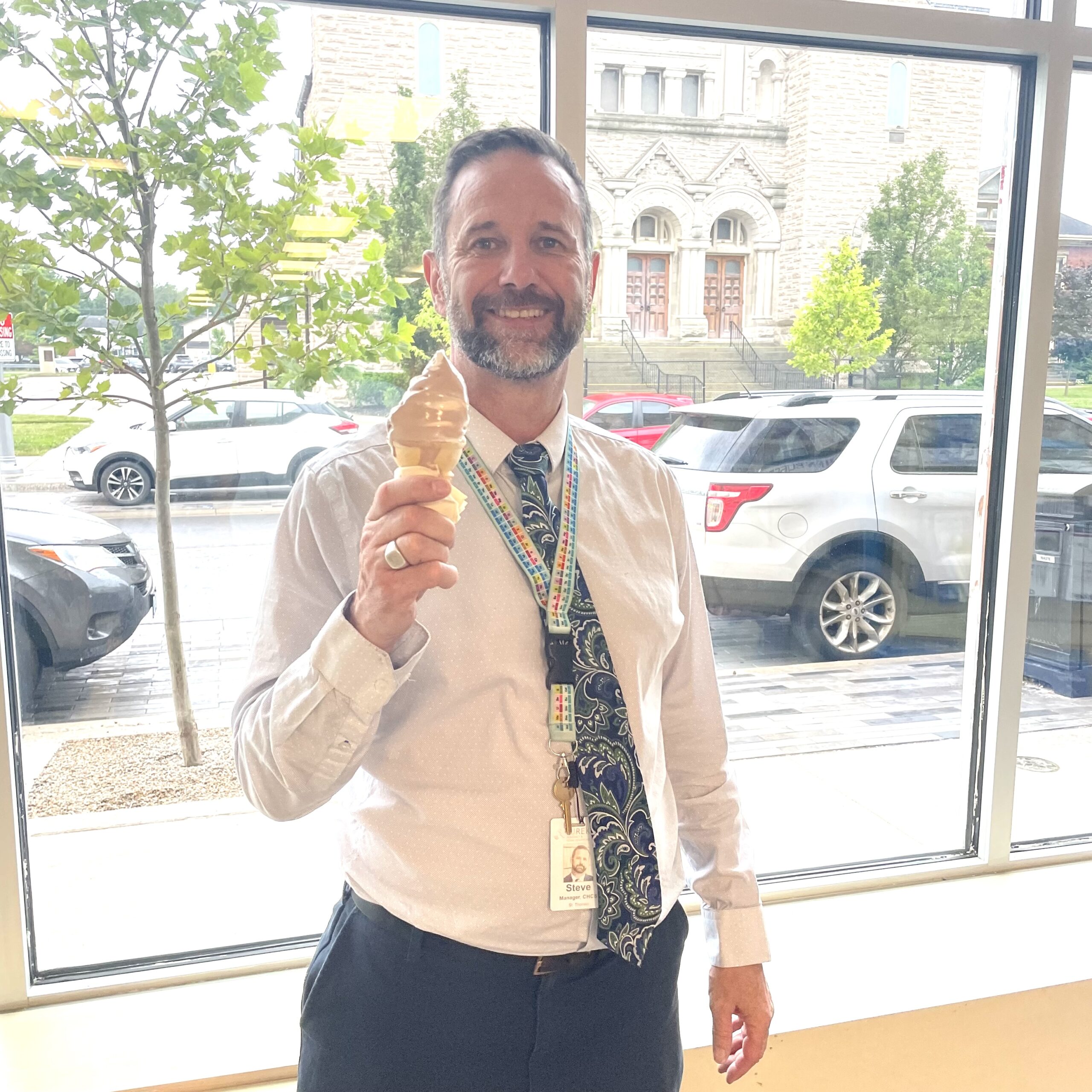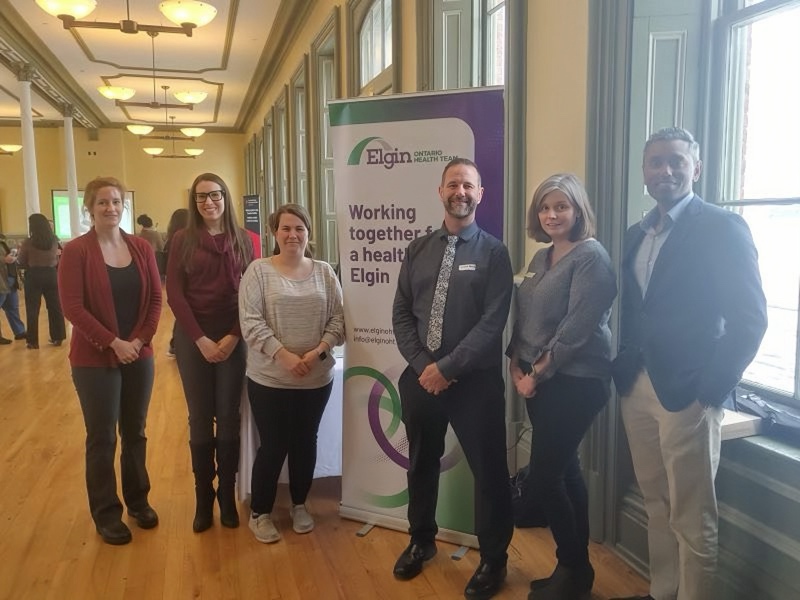By Peter Yurek
Elder abuse is a widespread problem, which deserves our attention and action. Care and trust are at the heart of every community. We can help keep our seniors safe from abuse by reporting signs of misconduct. Having the right tools and knowing whom to contact in case of abuse can help us protect our beloved senior. Talking and listening to them is the best way to prevent abuse.
Keen observation is another powerful tool in detecting elder abuse. A loved one or neighbour might be a victim of mistreatment if they show the following signs:
- fear,
- anxiety,
- social withdrawal,
- unexplained injuries,
- signs of visible neglect,
- failure to meet financial obligations,
- unusual bank withdrawals, or
- a sudden change in living arrangement.
Any of the above may indicate abuse. Please take immediate action if you suspect a senior person is in an unsafe environment, requires medical treatment or if a criminal offence has occurred. Call Emergency Services such as the police or an ambulance and report the incident to the senior’s caregiver or care facility.
You can help address any physical, mental, sexual and financial abuse by informing a person’s caregiver or their supervisor. Certified caregivers are trained to recognize and address senior abuse.
Care centres such as government agencies tasked with the care of the elderly offer consultations with their specially trained staff in order to determine the circumstances and severity of abuse. They will choose a method to alleviate abuse that is the least intrusive or restrictive for the elderly person. They do everything with respect to the person’s family’s right of confidentiality.
If an elderly person tells you that he/she is being abused, here are some ways to navigate the situation:
- be patient and listen carefully,
- create trust by believing them as the abuser may actually be nice to you,
- avoid risky situations and do not confront the abuser,
- encourage the elderly person to seek help or find appropriate resources to resolve the situation.
Let’s be proactive in preventing elder abuse and encourage open discussions on this topic with our loved ones and neighbours. We should familiarize ourselves with local elderly abuse emergency assistance programs and talk to our loved one’s care provider about an intervention plan if we suspect elder abuse.
In London and Middlesex County, you can contact Elder Abuse London Middlesex (Michael Lamb, Chair, contactus@ealm.ca). In St. Thomas and Elgin County, you can contact Elder Abuse Elgin (Jackie Moore, Chair, elderabuseelgin@gmail.com).
These are volunteer networks, with members who work with local organizations connected to seniors, and there are also members who are seniors themselves. One of the primary network roles is to promote education and public awareness of elder abuse issues. Networks do not receive any funding from government or other organizations, and most rely on donations and grants. So if you are able to help financially, they would appreciate any contributions.
Elder Abuse Ontario (elderabuseontario.com) is a valuable tool. You can also reach them toll free at 1.866.299.1011.








